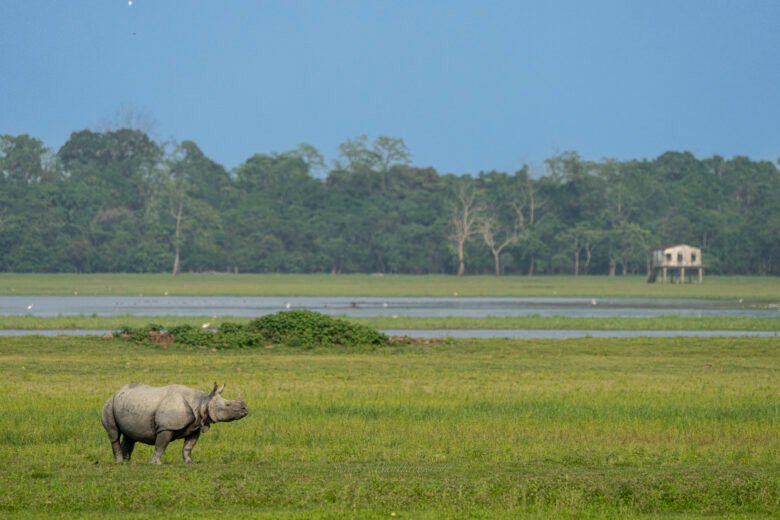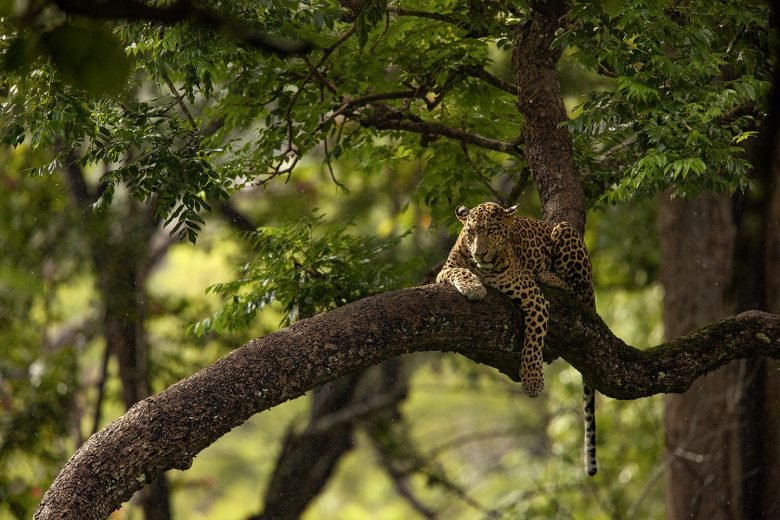Starting by answering the biggest question- is safari tourism a yay or a nay for the locals ? Answer- definitely a Yay. Safari tourism offers more than just thrilling wildlife encounters and breathtaking landscapes; it has the potential to bring significant benefits to local communities. Here’s how safari tourism can positively impact local communities, ensuring a sustainable and mutually beneficial relationship between travelers and residents.
Safari Experiences = Economic Empowerment
Job creation and income generation
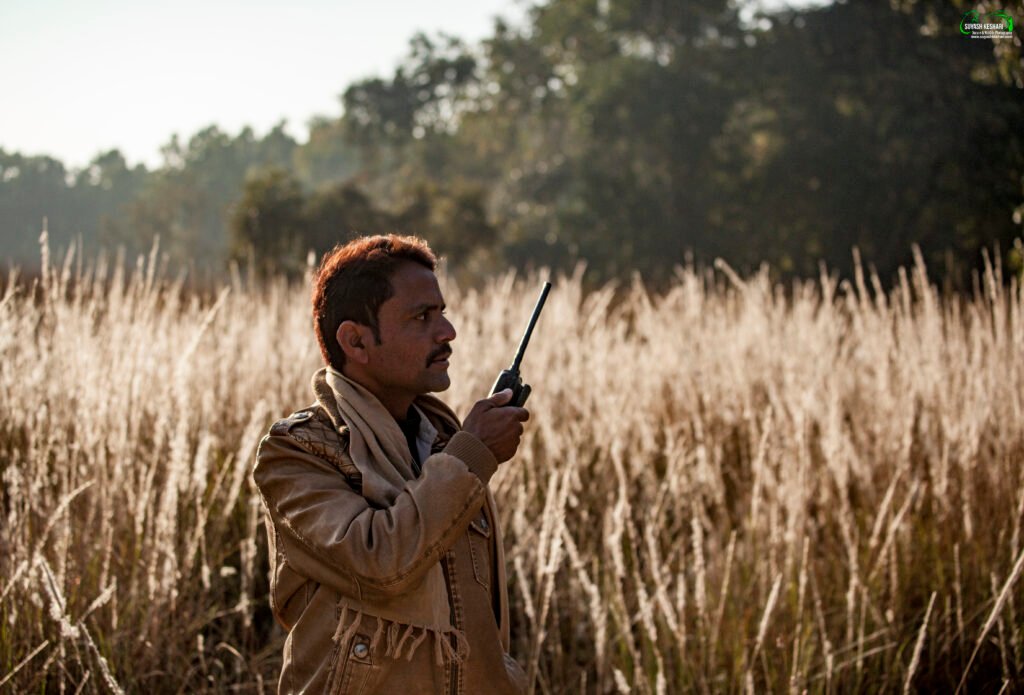
Safaris brings some exciting job opportunities to the communities that were previously dependent just on agriculture for sustenance and employment. Safari outfitters need ground teams, drivers, and local guides. Safari lodges need local managers, attendants, and artisans. This influx of employment helps reduce poverty and improve the standard of living in these communities.
Resources to construct better facilities
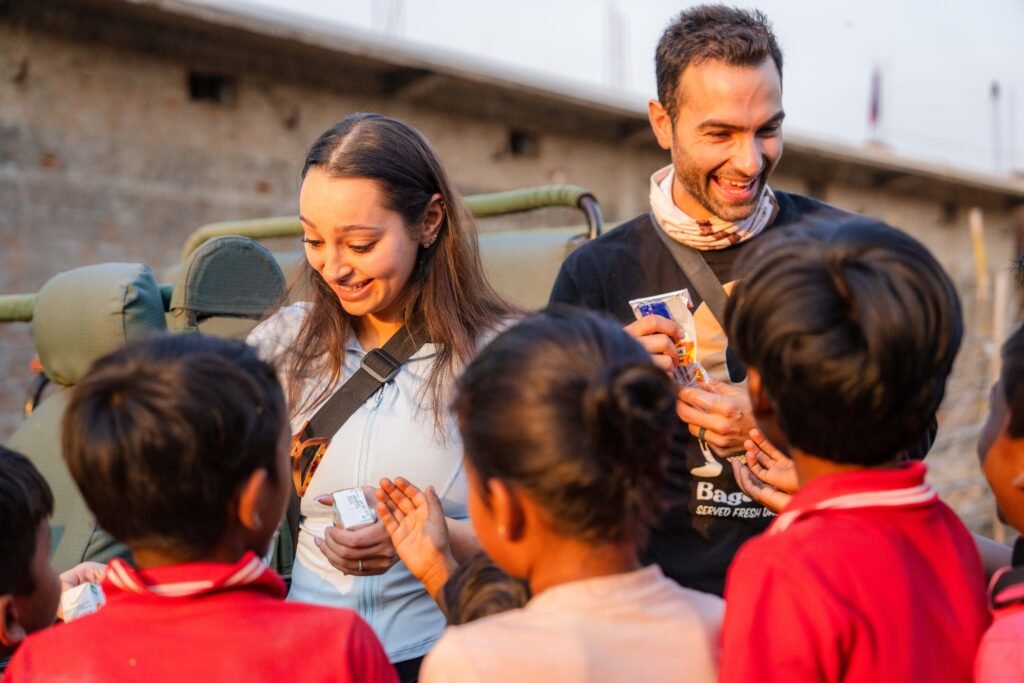
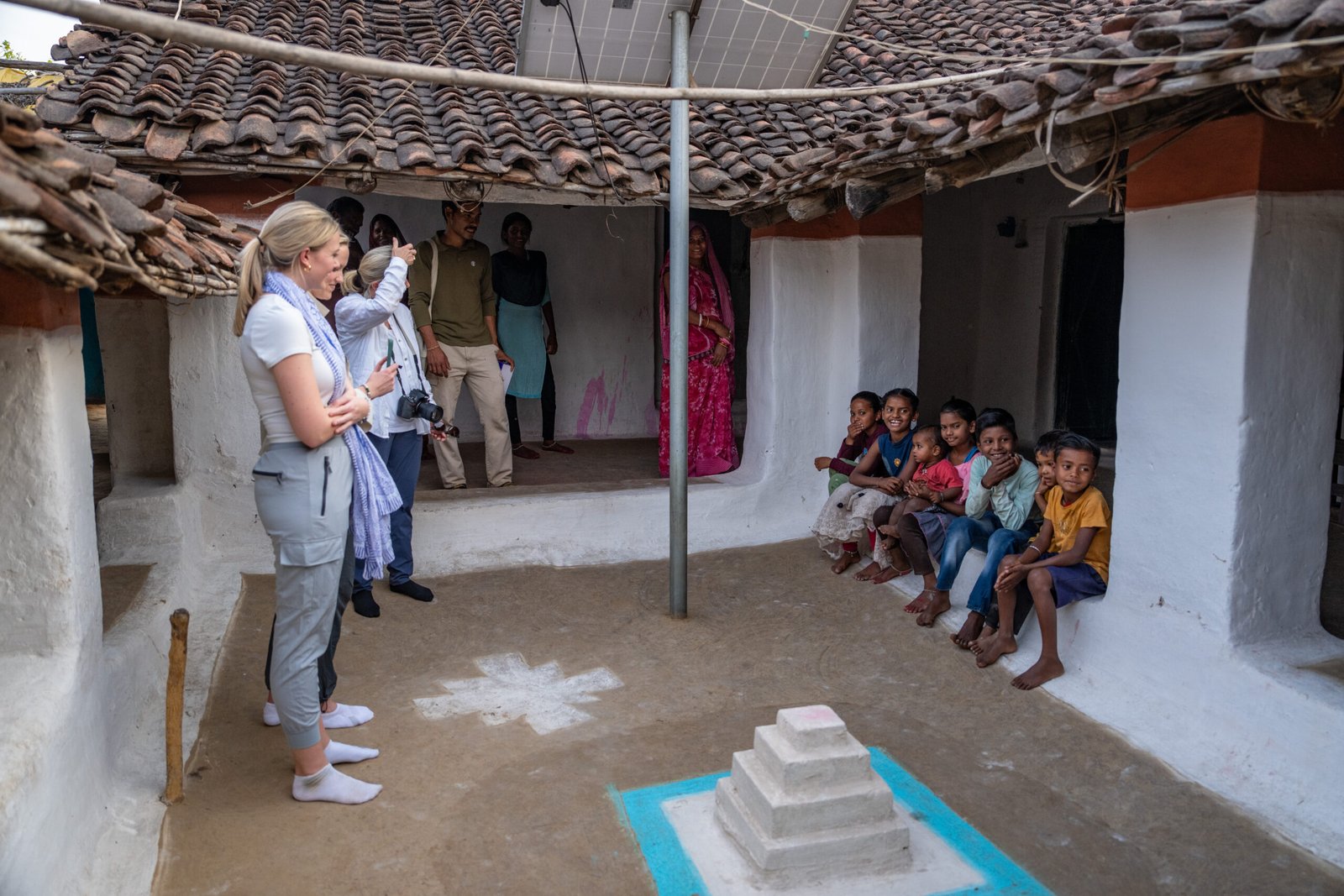
Safari experiences impact local communities by enabling the development of infrastructure such as roads, healthcare facilities, and schools. These improvements benefit both tourists and local residents, providing better access to essential services and enhancing the overall quality of life in the region.
Safari Experiences help preserve Cultural Heritage
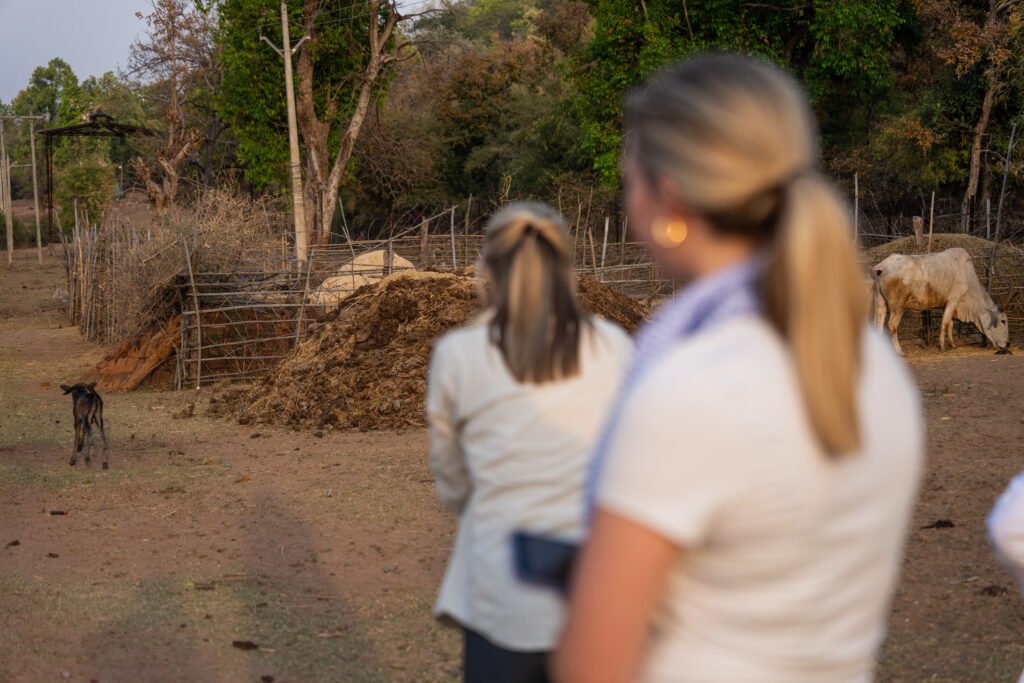
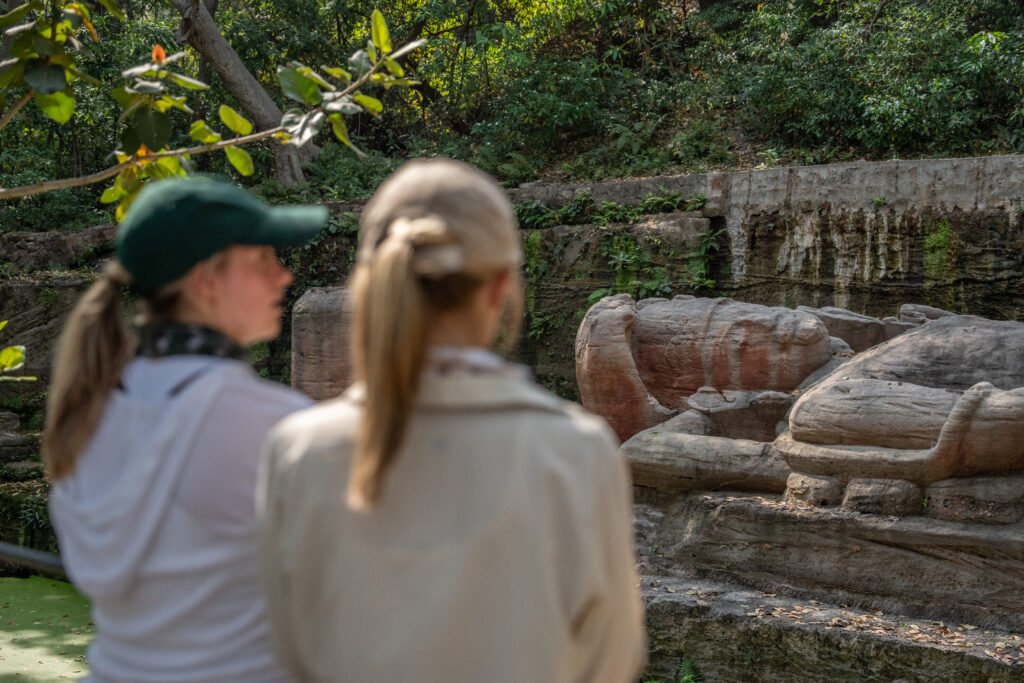
Most of out guests are eager to learn about local cultures and their presence and interest alone has driven efforts to preserve and celebrate cultural heritage. We often incorporate cultural tours that include visits to local villages, traditional dance performances, and craft markets, especially in Central Indian National Parks. This cultural exchange fosters mutual respect and understanding while providing a platform for communities to showcase and maintain their traditions.
Conservation and Community Involvement
Engaging Locals in Conservation
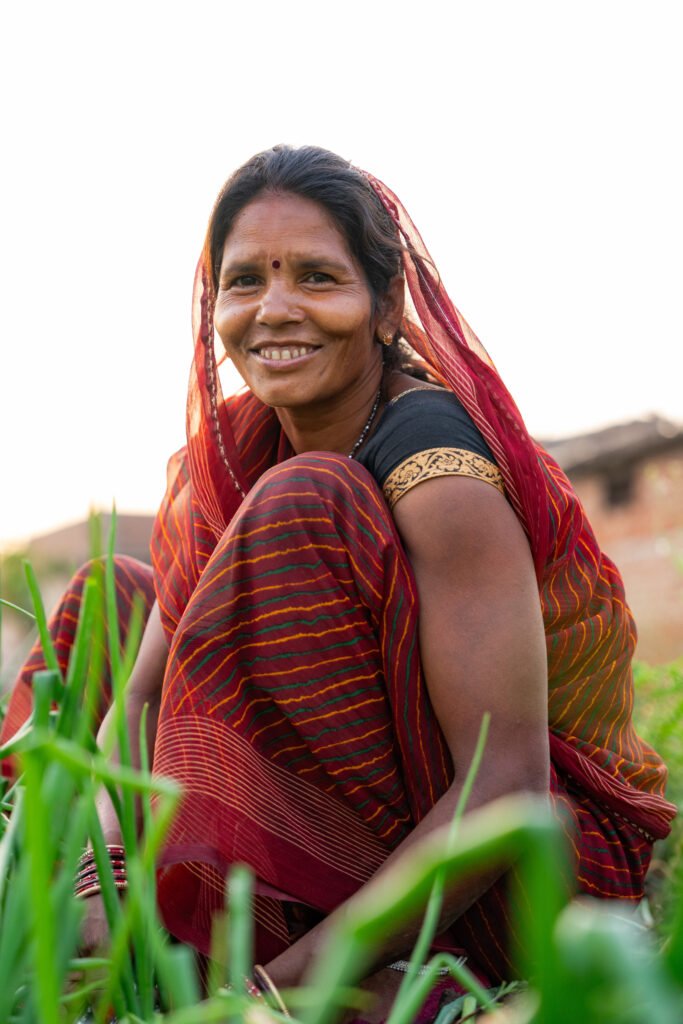
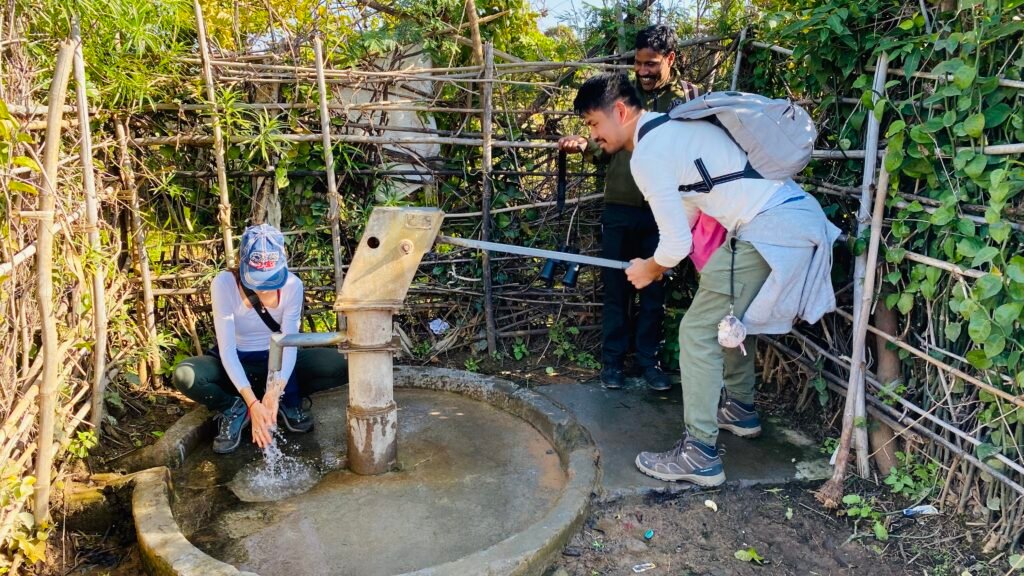
As wildlife enthusiasts, photographers, and animal lovers, we feel the need for conservation because we witness the plight of animals. It’s quite different for local communities- they feel the need for conservation because they’re a part of the delicate ecosystem. Many safari operators (including Ameliya Safaris) work closely with residents to protect wildlife and habitats, offering training and resources. Collaborations like this ensure that communities see tangible benefits from conservation, fostering a sense of stewardship and pride in their natural heritage.
Investing in the Future
Revenue from safari tourism can be reinvested into sustainable development projects. This includes education, healthcare, and sustainable agriculture initiatives that provide long-term benefits to the community. Safari experiences with a focus on sustainability help create a resilient economy that can withstand environmental and economic changes.
Think of it as planting seeds today for a forest that will thrive tomorrow. Sustainable tourism is about ensuring that the benefits of today’s visits continue to grow and support future generations.
Conclusion
Your Safari Experience has the potential to be a powerful force for good, bringing economic, social, and environmental benefits to local communities. By creating jobs, improving infrastructure, promoting cultural heritage, engaging in conservation, and investing in sustainable development, safaris can foster a mutually beneficial relationship between travelers and residents.
As you embark on your next safari experience, remember that your journey is not just about witnessing the wild—it’s also about supporting the vibrant communities that call these incredible landscapes home. Together, we can ensure that safari tourism remains a sustainable and positive influence, enriching both the lives of local people and the experiences of travelers.

